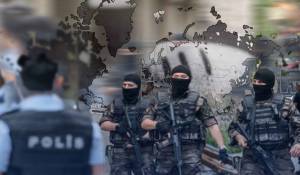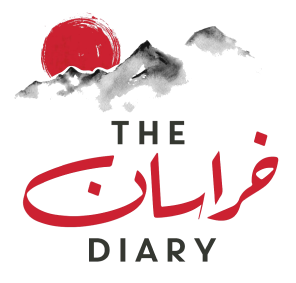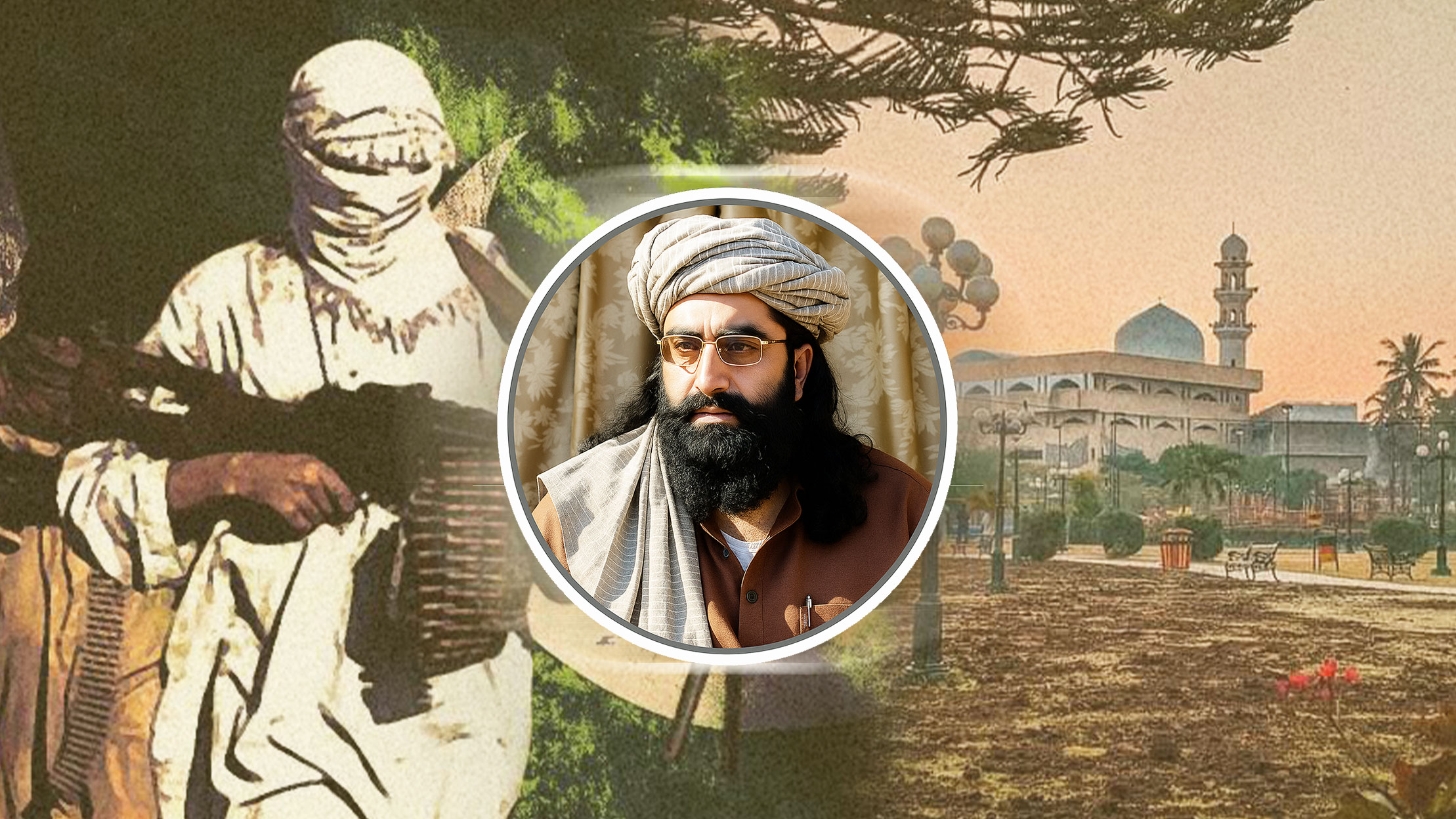
Ihsanullah Tipu Mehsud

February 20, 2026

On Saturday, a prominent religious seminary in Karachi, Jamia Al-Arabia Ahsanul Uloom Karachi has revoked the Dora-e-Hadith degree of the Pakistani Taliban (TTP) leader, Mufti Noor Wali Mehsud.
“He studied in Dora-e-Hadith Karachi in 1999. Based on information from Pakistani institutions indicating the student's involvement in wrongful activities, and upon provision of evidence, the decision has been made to cancel his affiliation and certificate with the seminary. Therefore, he should not be considered a student of the seminary in the future,” the seminary document reads.
Official Notice: Jamia Al-Arabia Ahsanul Uloom Karachi revokes TTP Chief's degree
Mufti Noor Wali Mehsud, in his brief November 2017 biography, confirmed that he received his degrees from Jamia Al-Arabia Ahsanul Uloom and Jamia Darul Uloom Yaseen Ul Quran in Karachi.
Dora-e-Hadith is the highest level of study in the Darse Nizami curriculum, focused on the intensive study and scholarly interpretation of the major Hadith collections, equivalent to a Master's degree.
Apart from Jamia Al-Arabia Ahsanul Uloom Karachi, another Karachi-based seminary, Jamia Darul Uloom Yaseen Ul Quran has revoked his degree in Takhasus fil Fiqh al-Islami, a specialized degree in Islamic Jurisprudence designed to provide scholars with expertise in Islamic laws.
Following Mehsud's degree revocation, a plethora of online outbursts has emerged from an increasing number of Afghan Taliban-affiliated accounts, targeting Pakistani Deobandi seminaries and branding senior scholars as state "puppets". Seminaries and scholars from the Deoband school of thought in Sunni Islam in Pakistan and Afghanistan are already grappling with internal divisions over interpretations of jihad and this latest development may further exacerbate tensions between them. This division could potentially lead to the Taliban losing its crucial support base in Pakistan, which has historically been pivotal on both ideological and recruitment fronts during the Taliban-led insurgency in Afghanistan and after the Taliban's takeover of Afghanistan.
Jamia Darul Uloom Yaseen Ul Quran issues a notification announcing the cancellation of Mufti Noor Wali's degree.
In the past, Mufti Taqi Usmani, Pakistan's grand mufti and a globally influential Deobandi Islamic scholar, has been subjected to harsh online attacks by Afghan Taliban-affiliated accounts. They have referred to him as a "lackey" of the Pakistan military, mocked his facial appearance following his comments declaring armed struggle for Sharia implementation in Pakistan as Haram and treason, stressing that he "will never endorse it".
Interestingly, despite the cancellation of Mufti Noor Wali Mehsud's religious degree, the TTP's leadership has not issued any official statement or directed criticism against the seminaries. However, Afghan Taliban-affiliated social media accounts have swiftly launched a criticism spree against the seminaries.
This divide may further exacerbate in the future and create deep divisions over the key religious interpretations within the Deoband school of thought in Sunni Islam. A clear majority of both Afghan and Pakistani Taliban are adherents of the Deoband school of thought, and a number of individuals within their leadership have studied in Deobandi seminaries across Pakistan.
Another interpretation regarding girls' education, which the Taliban-led Afghan government has banned, surfaced in March 2022 when Mufti Taqi Usmani, in a letter addressed to Taliban Supreme Leader Haibatullah Akhundzada, requested him to lift the ban. Mufti Taqi argued that it is essential to make arrangements for girls' education within the limits of Shariah, emphasizing that educated women are crucial for addressing women's issues such as healthcare, education and welfare.
Mufti Taqi Usmani's March 2022 letter urges Taliban Supreme Leader to lift ban on girls' education
A coordinated campaign of accusations by Afghan Taliban accounts against Pakistani seminaries and prominent Islamic scholars, portraying them as lacking independence and being controlled by the Pakistani state, is a serious matter that could lead to a significant divide in the future and result in their estrangement from the both Afghan Taliban and their Pakistani affiliates like TTP. The cancellation of the mufti's degree might be just the beginning of a series of similar actions against other senior Pakistani Taliban commanders.
A similar trend can be seen in the case of Maulana Abdul Aziz of Islamabad's Red Mosque, where his harsh criticism of religious scholars has led to a notable estrangement from almost all senior Deoband scholars.
The cancellation of Mehsud's degree, an unprecedented move, is largely symbolic and may not affect his religious credentials substantially. Nonetheless, it signifies a clear message from prominent seminaries and scholars that they are distancing themselves from him and his actions, thereby gradually pulling the ideological rug from under his feet, on which the Pakistani Taliban have built their jihad, inside Pakistan.